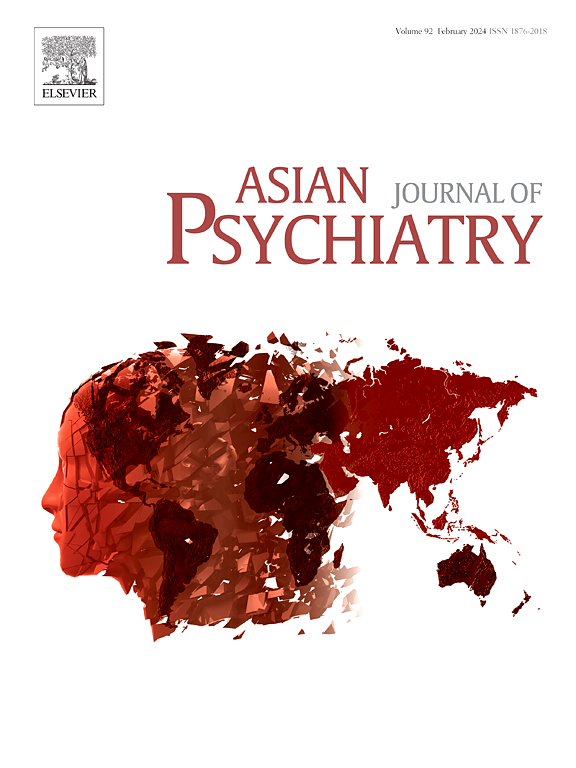Developing and pilot testing a collaborative, locally contextualized supported employment program for persons with mental illness in Chennai, Tamil Nadu
IF 4.5
4区 医学
Q1 PSYCHIATRY
引用次数: 0
Abstract
Background
Employment is a key factor aiding in the recovery and social reintegration of persons with mental illness (PwMI). However, the PwMI demographic in India faces high rates of unemployment, highlighting a need for the development of structured, culturally sensitive, and regionally adapted supported employment programs.
Aim
This study aimed to develop and pilot test a supported employment program designed to enhance job opportunities for PwMI in Chennai, India.
Methods
A desk review was conducted to examine existing employment support models for PwMI in India. Qualitative interviews were held with key stakeholders, including PwMI, caregivers, mental health professionals, and employers, to identify employment barriers and facilitators. An expert panel used these insights to co-design and develop a locally relevant supported employment program. The program was pilot-tested in Chennai from May 2023 to May 2024. Job placement and dropout rates were used to assess feasibility and effectiveness.
Results
Of the 213 participants, 63 secured competitive employment, 37 were enrolled in skill training programs, and 40 remained in active job placement efforts. However, 54 individuals were deemed not readily employable due to functional limitations, and 16 dropped out. A total of 12 employers and 20 training organizations partnered with the program, contributing to its 62.8 % job placement rate.
Conclusion
The study demonstrates the operational potential of a regionally adapted supported employment program for PwMI in India. Future research should examine long-term job retention, workplace integration, and employment sustainability.
在泰米尔纳德邦金奈市为精神疾病患者制定并试点一项协作性的、适合当地情况的支持就业方案
背景就业是帮助精神病患者康复和重新融入社会的一个关键因素。然而,印度的PwMI人口面临着高失业率,这突出表明需要制定结构化、文化敏感和适合地区的支持就业计划。目的:本研究旨在制定和试点测试一项支持就业计划,旨在增加印度金奈的PwMI就业机会。方法对印度现有的残疾人就业支持模式进行了研究。与主要利益攸关方(包括PwMI、护理人员、精神卫生专业人员和雇主)进行了定性访谈,以确定就业障碍和促进因素。一个专家小组利用这些见解共同设计和制定了一个与当地相关的支持就业计划。该项目于2023年5月至2024年5月在金奈进行了试点测试。就业安置率和辍学率被用来评估可行性和有效性。结果在213名参与者中,63人找到了有竞争力的工作,37人参加了技能培训项目,40人仍在积极地就业。然而,由于功能限制,54人被认为不容易就业,16人辍学。共有12家雇主和20家培训机构与该计划合作,为其62.8% %的就业率做出了贡献。结论:本研究展示了在印度为PwMI提供区域适应性支持就业计划的运作潜力。未来的研究应该考察长期工作保留、工作场所整合和就业可持续性。
本文章由计算机程序翻译,如有差异,请以英文原文为准。
求助全文
约1分钟内获得全文
求助全文
来源期刊

Asian journal of psychiatry
Medicine-Psychiatry and Mental Health
CiteScore
12.70
自引率
5.30%
发文量
297
审稿时长
35 days
期刊介绍:
The Asian Journal of Psychiatry serves as a comprehensive resource for psychiatrists, mental health clinicians, neurologists, physicians, mental health students, and policymakers. Its goal is to facilitate the exchange of research findings and clinical practices between Asia and the global community. The journal focuses on psychiatric research relevant to Asia, covering preclinical, clinical, service system, and policy development topics. It also highlights the socio-cultural diversity of the region in relation to mental health.
 求助内容:
求助内容: 应助结果提醒方式:
应助结果提醒方式:


